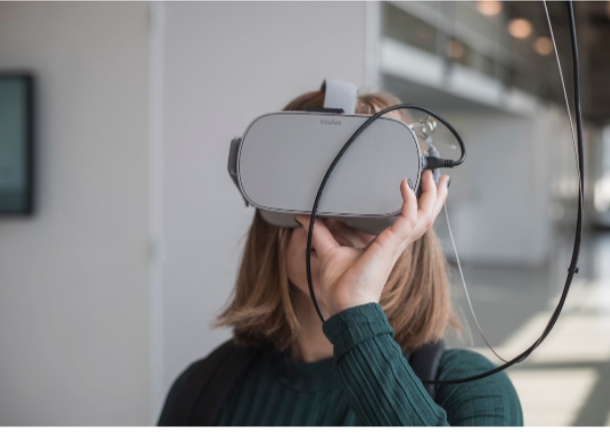Amid the relentless pursuit of knowledge, the image of students bent over Focus textbooks is a familiar one. However, recent evidence supports the incorporation of play, particularly strategy-based games, as a means to sharpen concentration and improve learning efficiency.
Balancing the rigors of academic study with the sheer unpredictability of games may seem counterintuitive, yet it is this balance that can lead to a more productive study session. Piquing curiosity about the symbiotic relationship between structured learning and the seemingly unrelated world of games may unlock new avenues for academic excellence. Keep reading to understand how these interactive experiences can become a catalyst for enhanced cognitive function and academic success.
The Power of Play: How Games Boost Focus and Learning Efficiency
Students often find their days occupied with lectures and books, a rigorous grind that can dull the sharpest of minds over time. Amidst this regime, introducing interactive games offers a refreshing break that can actually serve as an effective cognitive tool. Strategically designed gaming experiences demand attention and quick thinking, traits that translate well into academic performance.
Recent studies point to a compelling correlation between structured play and improved concentration. Certain games challenge players by demanding rapid decision-making and pattern recognition under pressure, which mirrors the cognitive demands of many scholastic environments. The stimulation derived from these situations helps build mental agility.
One notable example, Gates of Olympus, demonstrates how interactive entertainment can subtly promote learning and retention. While seemingly unrelated to traditional study methods, engaging with such games provides an immersive experience where participants refine their cognitive faculties without the draining effects of monotonous study sessions.
Players immersed in games that require a level of strategy and tactical thinking inadvertently exercise their brains, akin to a workout for the mind. This mental exertion, done consistently, primes students for better focus and productivity when they return to their academic tasks, effectively turning leisure time into an investment in their educational growth.
Navigating Online Study: Balancing Fun and Focus in the Digital Age
Students immersed in online communication programs often encounter the challenge of self-discipline. They must find a balance between the rigidity of academic rigor and the need for engaging study practices. It’s not simply about absorbing content; it’s about finding a rhythm that sustains interest and deepens understanding of complex concepts.
Interactive tools have become indispensable in the modern student’s toolkit. They break the monotony of reading and writing by introducing multimedia elements that activate different cognitive skills. These tools keep the mind alert and involved, turning a static learning environment into a dynamic one.
The value of incorporating enjoyable activities into a study routine cannot be overstated. Pursuing online degrees in communications requires a strategic approach to integrating enjoyable, interactive study methods to maintain motivation and effectiveness. Engaging with the material through this lens enhances retention and fosters a deeper connection with the coursework.
However, it’s critical not to let the pursuit of enjoyment overshadow the ultimate goal of education. Students must apply discernment, selecting fun, interactive methods that serve their learning objectives without becoming distractions. Striking this delicate balance often sets successful online learners apart from the rest.
The Science of Breaks: Why Incorporating Leisure Activities Enhances Academic Performance
A well-timed break, incorporating activities that are both enjoyable and stimulating, can be a powerful catalyst for elevated academic performance. When students step away from their studies to engage in leisure activities, they often return with sharper focus and a renewed energy for learning.
Interactive and dynamic games can offer a valuable mental respite from the relentless pace of academic study. Such activities stimulate different areas of the brain, often leading to enhanced problem-solving abilities and better memory retention when students resume their scholarly endeavors.
Scientific research underscores the benefits of periodic breaks in enhancing cognitive processes. Students who integrate leisurely pursuits into their regimented study routines demonstrate increased productivity, often outperforming their continuously studying counterparts in terms of both efficiency and depth of understanding.
The utilization of games as a tool to boost academic achievement is gaining traction in educational discourse. This approach, when balanced with focused study periods, serves to fortify students’ motivation and consolidate their learning, ultimately contributing to greater academic success.
Altogether, integrating fun activities like strategic games into a rigorous study routine can profoundly enhance focus and productivity by stimulating cognitive functions and providing essential mental breaks. By balancing interactive learning methods with academic pursuits, students can achieve a more effective and engaging educational experience, ultimately leading to greater success.






One thought on “Improving Focus and Productivity: The Impact of Fun Activities on Serious Students”